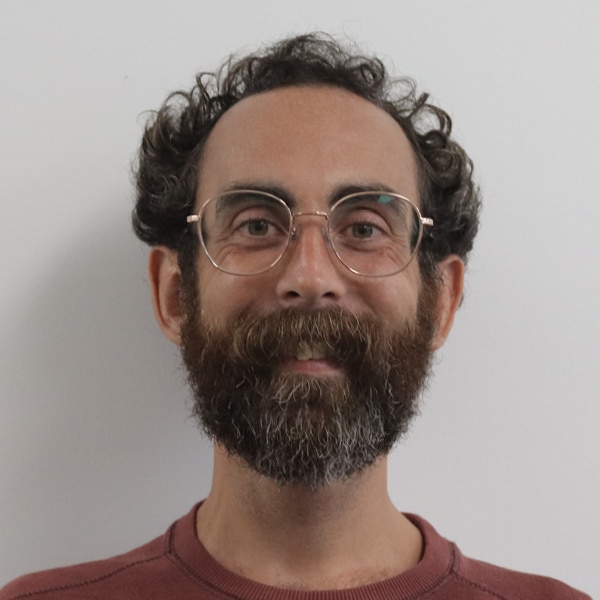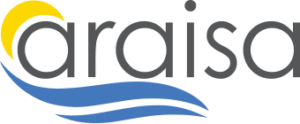Engaging with Research – an Invitation
December 13, 2023

As the Research Lead at ARAISA, I look forward to finding new ways to help immigrant serving organizations in Atlantic Canada engage with and benefit from research activities. Over the coming months and years, I plan to support a variety of initiatives and resources that help service providers both to lead and participate in research projects.
My goals are to explore how service providers can benefit from research, consider how research can be integrated into organizational practice, and help service providers build internal research capacity. But these resources are also an invitation. They are an invitation to engage with ARAISA while bringing your projects to life. We have an experienced team with a breadth of expertise, and we are here to provide support whether that involves helping to design a research plan, finding existing research to support service delivery, or facilitating dialogue with academic researchers.
One resource is the column presently before you. Each month, I plan to publish a new article that addresses some aspect of research within the settlement and integration sector. I don’t intend these as a step-by-step guide, but rather as an opportunity to explore various themes or strategies to inform research practice within your organization. Moreover, these articles will provide a space to highlight research initiatives involving or led by service providers in the Atlantic region. In addition to developing resources, I will also support new research – largely through partnerships between service providers and academic institutions – that contributes to knowledge of the sector. Expect to hear from me about how to get involved in these initiatives!
Research is also an effective way to engage with community. It can give voice to service users by enabling them to express their thoughts, ideas, and concerns.
One theme I hope to highlight is that research can function as a community-building exercise. Research plays many important roles for a service provider: it offers insight to the effectiveness of existing services; it can help to develop new services; and it is an important part of program reporting. But research is also an effective way to engage with community. It can give voice to service users by enabling them to express their thoughts, ideas, and concerns. When research activities bring people together – through arts-based projects, focus groups, oral history – new relationships emerge while old ones become stronger. By using research to collectively define and achieve a goal, community is enriched.
Research can be an engaging process for everyone involved. Participants may be “research subjects” who are recruited to complete questionnaires or respond to interviews. But they can also be collaborators who are actively involved in the process of co-creation. This is especially true when research is integrated into existing programs and services. For example, research can take shape as a creative writing project that is part of a language training program. Or it can involve organizing events and activities as part of community- or team-building exercises. A well-designed research project will identify and solve important problems while also providing concrete and immediate benefits for everyone involved.
I encourage service providers to consider the complex and multifaceted ways that research can contribute to organizational practice.
As someone who is passionate about research, I want to ensure that everyone in the sector is informed and excited about engaging with research – whether that involves leading your own projects or participating in an academic project to enhance services and programs. As I embark on these initiatives, I encourage service providers to consider the complex and multifaceted ways that research can contribute to organizational practice. Moreover, I invite you to reach out so that ARAISA can support the design and delivery of the most informative, useful, and engaging research projects for your organizations.

Jason Chalmers, PhD
Research Lead / Responsable de la recherche

About the Author
Jason Chalmers
Jason Chalmers holds a PhD in Sociology from the University of Alberta and was a Postdoctoral Fellow in the School of Community and Public Affairs at Concordia University. As an interdisciplinary researcher, Jason draws on diverse methodologies and is particularly inspired by creative and community-based practice. Jason’s research interests include Canada’s immigration history, Indigenous-settler relations, and social inequality.
You can reach Jason at jchalmers@araisa.ca
